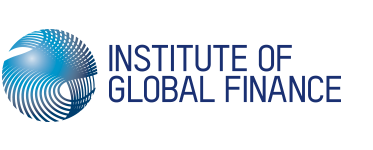Global Governance
Theme Leaders: Jason Zein, Peter Pham and Mark Humphrey-Jenner
At the global level, there has been a decline in the process of multilateralism and in the ability to ensure global collective decision-making on cross-border global challenges and opportunities, including global peace and security, policies and measures to counter climate risk in a sustained and timely fashion. Equally, the absence of an effective global financial governance and a sound and resilient financial system has the potential to lead to global systemic risks and global financial challenges/crises.
There are interconnected forces influencing the global financial system. Measures to effectively counter global systemic risks, protect individual and global financial security, work towards global prosperity and an effective and inclusive global governance, including that of financial systems remain in short supply. Similarly, promoting effective and transparent corporate governance and the upholding of those principles that enhance global corporate social responsibility have direct and indirect impact on the functioning of financial and other markets, and on the overall resilience of the global financial system and global financial governance.
The IGF has published several high impact research works and organised a number of policy fora that focus on the above issues. The IGF and its Director, have been featured in recent years in a number of TV interviews on Bloomberg, CNBC, BBC and the ABC on issues related to global governance and the roles of multilateralism in this procees.
